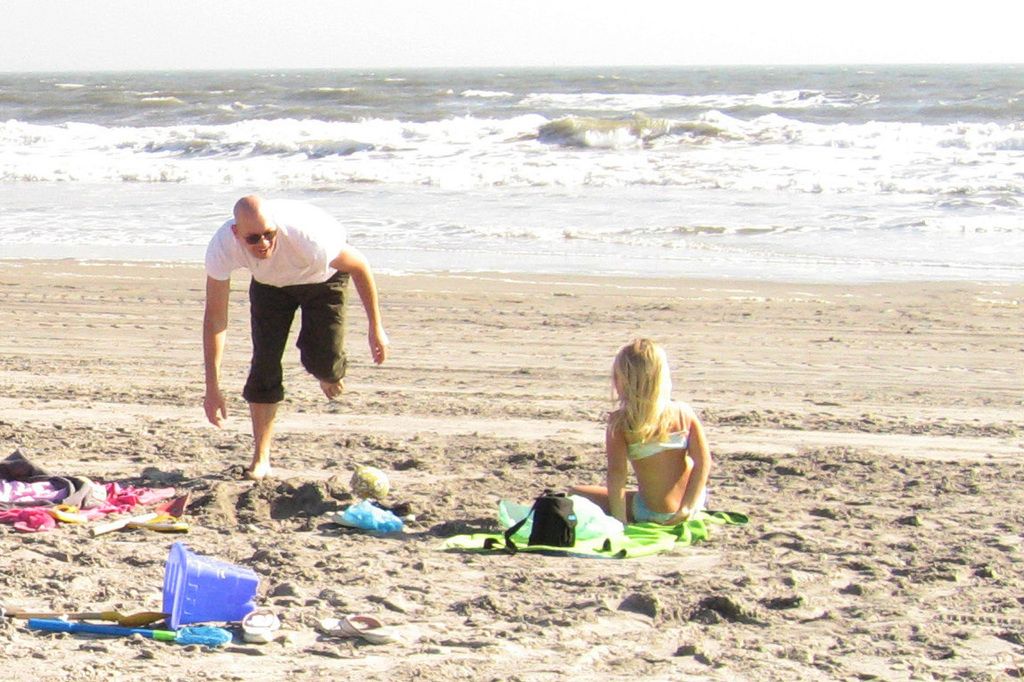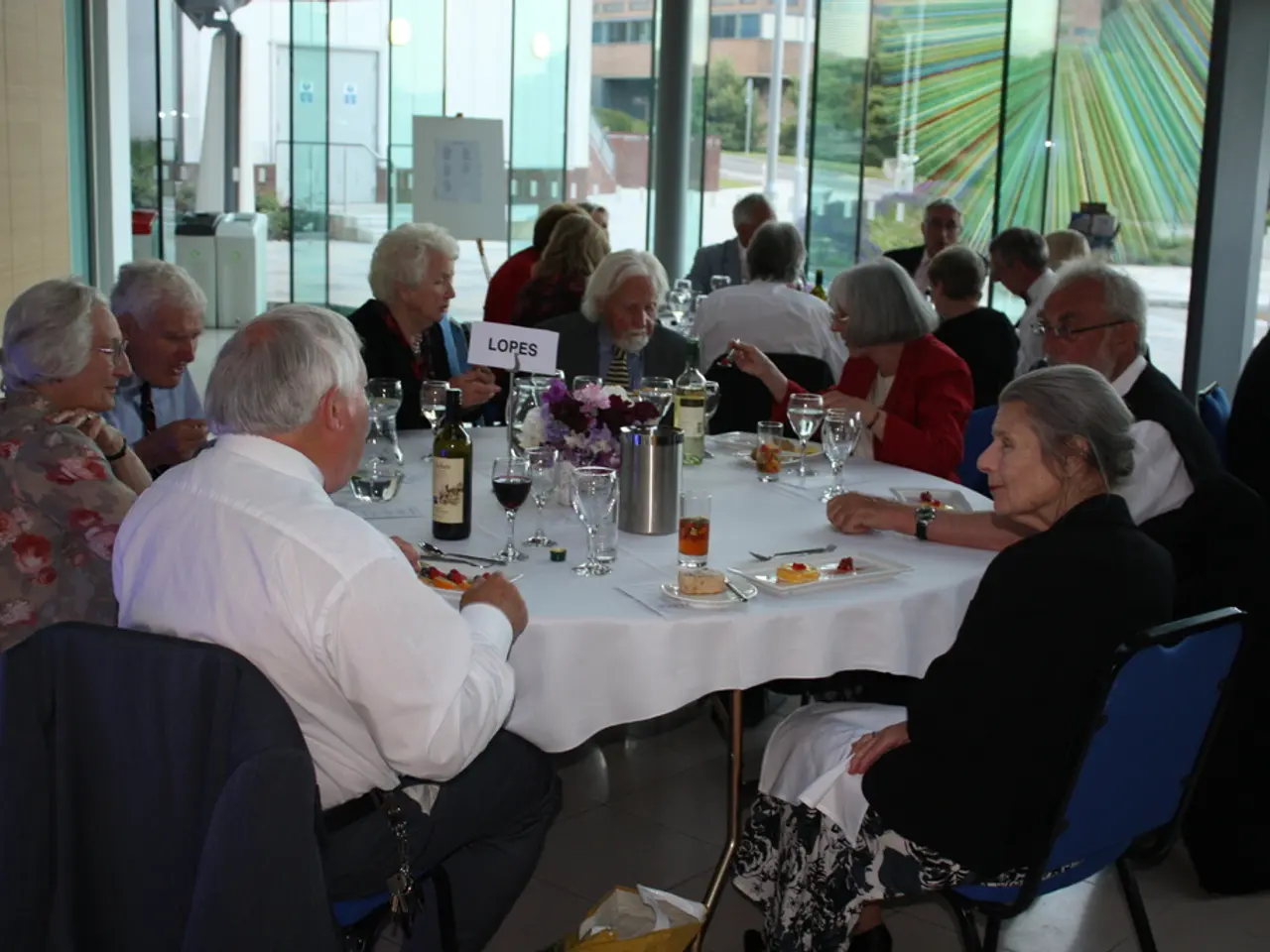Concerning the preservation of human worth within prison walls
In Conversation With Rainer Dopp on the Imperative Need for Prison Oversight
Hey there! So, what's up with this National Prevention Mechanism against Torture in Germany? Why do we even need it, man?
Dopp: Well, you see, back in 2008, my colleagues and I had this question too. We figured we were doing great in Germany, but we couldn't just ignore potential issues in other states. This Mechanism was born out of the need to address these concerns proactively. We organized it with honorary mandate holders and a central office, modeled after the Crime Prevention Office here in Wiesbaden.
Okay, so why did the Mechanism expand after its initial launch?
Not everything was as we initially assumed. We soon realized that our focus on preventing torture was too narrow. Mental and emotional suffering that falls short of torture but still chips away at human dignity were important to consider as well. Our mandate comes from the UN Anti-Torture Convention, which addresses not only torture but also cruel, inhuman, or degrading treatment.
Has torture happened in Germany? Like, for real?
In the 13 years I've worked with the Mechanism, I've never witnessed any clear-cut cases of intentional, severe physical or mental abuse. However, we've found inhumane living conditions and treatment that infringe upon human dignity. That's a problem, and it exists.
Got a situation report happenin'?
We're a long way from that. There are around 13,000 facilities nationwide, from prisons to psychiatric clinics. We've seen most of the forensic psychiatry facilities, but we can't visit them all. Our surveys are like snapshots—they only capture the situation at a specific moment in time, so revisiting facilities is sometimes necessary.
What about Augsburg-Gablingen? I heard they kept prisoners naked in those High Security Detention Rooms for days, while the director was working from home and the deputy director was apparently unaware of this whole mess.
The public investigation into this matter seems fitting, and I agree with that. The documents suggest that this was indeed orchestrated intentionally, which is unacceptable. Our work has led to the investigation of 17 prison staff members, including the director, on charges of assault in office. Our transparency efforts have always been open, but the Augsburg case is quite serious and has resulted in increased attention for the affected parties' rights.
Alright, so how does the National Office get funded?
We receive funding from both the federal and state governments. Unfortunately, we've faced financial difficulties—not factoring wage increases or cost increases in train fares and office rents into our budget has caused problems. But we've managed to find solutions both times. Last year, we had an issue, and some members ended up covering a quarter of their travel costs out of their own pockets.
You talk about positive effects on prisoners' rights, but the Bavarian Minister of Justice, Georg Eisenreich, recently said that some prisoners physically and verbally abuse staff—and I'm guessing that's a problem, right?
Absolutely! While it's important to prevent abuse of power by staff members, it's equally crucial to address instances where prisoners physically or verbally threaten or assault staff. Creating a safe environment for both staff and prisoners is vital for the proper functioning of our prison system. The ongoing situation in Bavaria, as well as other problematic scenarios, necessitate open discussions and changes to address these challenges.
One more question—what's the deal with isolation and restraint?
Isolation means separating prisoners from all other inhabitants, which can have a profound impact on their mental health. Restraint involves tying a person to a bed, often considered one of the most invasive actions that can be taken against someone. The National Mechanism places a strong focus on these issues due to their potential harm and the resonance they share with the inhumane nature of torture.
What about nursing homes? Aren't they doing better at protecting residents than prisons do?
Sadly, there are similar issues in nursing homes, albeit often due to a lack of family involvement. Some residents are subjected to freedom-limiting measures to streamline daily routines, making it challenging for them to voice their concerns.
Freedom-limiting measures are often justified by staff shortages. What say you about that?
While I understand the need for temporary freedom-limiting measures, it's crucial to find long-term solutions. Improving staff working conditions, increasing staff numbers, and investing in training could help avoid the need for repressive measures.
So, with all this work, what happens when you visit facilities where freedom-limiting measures are in place?
The professional staff we encounter genuinely wants to do a good job. But sometimes, people in positions of power don't consider the impact their actions have on prisoners. Things like knocking before entering a cell and respecting prisoners' privacy can make a world of difference.
What can change within the criminal justice system and our treatment of prisoners?
There is a need for an overhaul, both inside and outside the criminal justice system. It's essential to reevaluate our attitudes and treat prisoners with human dignity. Proper rehabilitation starts with maintaining that basic human dignity, not with punitive conditions.
Since the National Mechanism was established, have things improved for prisoners?
Progress has been made, but there's still a long way to go. We've seen instances of improvement in various areas, from basic conditions to awareness and understanding of human dignity. It's crucial to address the areas that require attention and to grow our efforts in raising awareness about the importance of treating prisoners with respect.
As the focus of the National Prevention Mechanism expanded, it began to include mental and emotional suffering that does not rise to the level of torture but still affects human dignity, broadening its scope to health-and-wellness and mental-health. The Mechanism now advocates for improved therapies-and-treatments in prisons, as these factors are crucial for maintaining the overall well-being of inmates.
The National Prevention Mechanism has also acknowledged that issues concerning nursing homes share similarities with those in prisons. In both environments, it is essential to uphold the dignity of residents and inmates by addressing freedom-limiting measures rooted in a lack of staff involvement and shortages.




